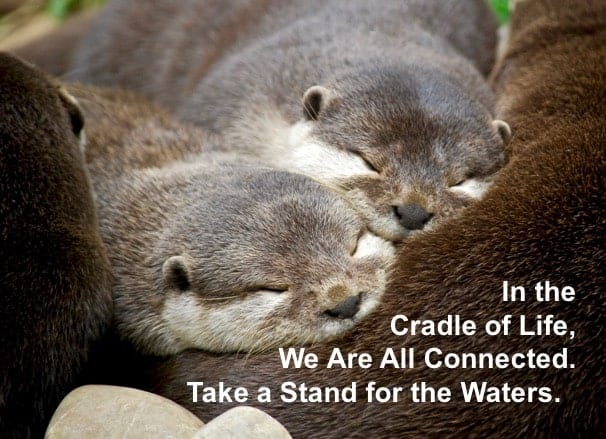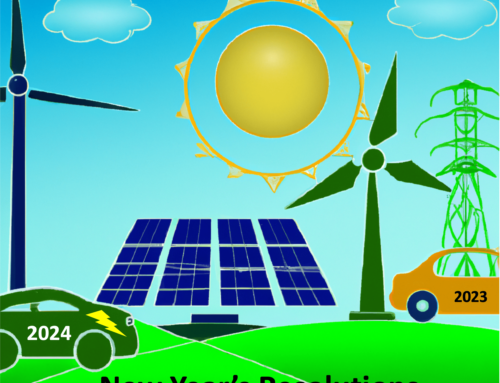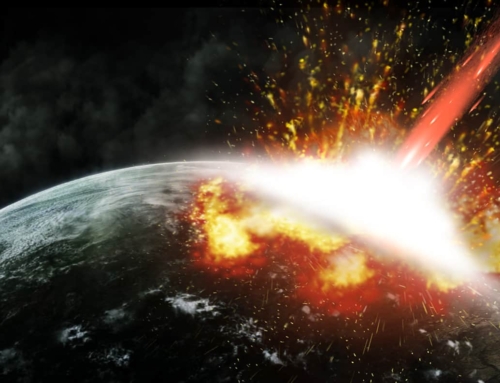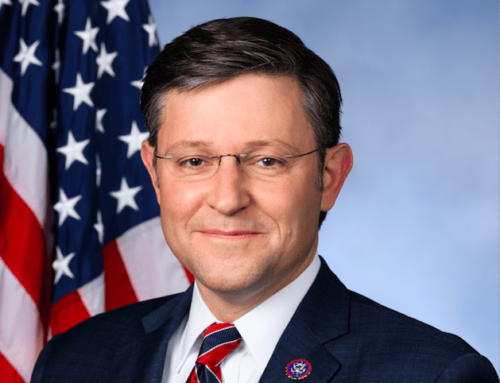I love words. I listen to their songs for hidden stories. Like the sounds of water laughing over rocks. The forests speak to me. Yellow aspens chatter. The pines whisper. White clouds are clean and pure.
So in the environmental movement, why do I often hear, “We catch more flies with ‘insect vomit’ than with ‘acetic acid’?” Honey and vinegar are less precise terms, but infinitely more pleasing.
One of the reasons for the failure of environmental messaging and the environmental movement itself is the lack of language that evokes our connection to nature and the earth.
Likely this is the result of several things. Our conversation and communications on climate began with scientists, and we know that most scientists are lousy (full of bugs) communicators. Another reason is that the progressive brain tends to thrive on facts. We subscribe to the myth that facts matter, so the more accurate we are, the better we believe our arguments. Again, this creates lousy communication. A third reason is that we are bad at recognizing frames in the language used against the environmental movement. We even adopt this poison language. For example, ‘climate change’ instead of ‘global warming.’ Lastly, we are in a hurry and reactive. This doesn’t allow us much time to craft the images we need to put our values forward. We tend to focus on the issues.
If you think this is an exaggeration, let me give you a few examples. In my back yard, near the Boundary Waters Canoe Area, a mining company is proposing a copper nickel sulfide mine. The wilderness here is some of the most pristine in North America. The proposed mine is just a few miles from the area. It will destroy 8,000 acres of forest and require toxic sulfuric acid tailings to be held in containment ponds for over 500 years. Perhaps longer. The risk to the watershed is extreme, and there is no way to clean up a spill. A single spill just destroys life.
So let’s begin with the name “Boundary Waters.” A boundary just separates one area from another. Its an arbitrary line. There is no value conveyed by the name itself. I’m not suggesting changing its official name, and will exaggerate slightly for illustration, but what would happen if we started calling it “The Sacred Cradle of Life’s Waters”? ‘Sacred’ denotes reverence. Something that can not be bought. Something that is eternal. A ‘cradle’ safely holds a child. Children are the potential of all humanity. The term ‘life’ sets a different boundary. It means that if you pollute this area you will threaten life, not just an area where some people canoe. The word ‘waters’ also signifies an element of life. Water is sacred. Another way to say this is simply, “The Boundary Waters are our cradle of life. They are sacred and purify our souls. And our souls can not be sold for any amount of money or jobs.” Create the image.
We temporary hold nuclear waste that lasts for thousand years in holding ponds waiting for a permanent storage solution. So why don’t we refer to the copper sulfide tailings ponds as nuclear waste ponds? Or ‘death’ ponds? Where are the radioactive signs and the toxic poison signs? Create the image.
“Over dramatic,” you say? Kills credibility? Really? Then why does the local US representative argue that the mine is OK because the area has the cleanest water in the state of Minnesota and they’ve been mining there for 130 years. In this slight of hand, he’s just equated clean water with mining. A point that will slip by most people. What he doesn’t mention is that iron ore mining isn’t toxic (nuclear) by itself. It doesn’t form sulfuric acid. He creates the image that mining is good for the environment.
Just below the surface of any issue are the values that allow us to quickly absorb messages about that issue. The values of the mining, fossil fuel and utility industries are “man over nature for economic progress.” A man must provide for his family. Corporations provide jobs. Mining provides jobs. If you are not for man over nature, then you are not for jobs, or money, and won’t be able to provide for your family. A similar rational was used to justify slavery.
On the other hand, if our values are concern for our fellow humans and other creatures on earth, then it makes sense to preserve our air, land and water because we share these things as a necessity for life. We need clean air to breath, pure water to drink, and land to provide food for our children to grow strong and healthy.
We can change the dialogue by focusing on those values in terms of the language we use. We need to help people see the ‘garden’ that has been created for us on ‘earth’. We need more language that connects us to nature. More ‘cathedrals of pines.’ More ‘hearts like that flow like rivers.’ Because we are “of” this earth, not above this earth. The earth is our ‘home.’ We ‘care’ for the earth, like we ‘care for each other’. Listen to the words. Create the image.*
We Are All Connected!
Hobie,
L. Hobart Stocking
SkyWaterEarth.com
hobart@skywaterearth.com
651-357-0110
Facebook: @SkyWaterEarthConnected
Twitter: @SkyWaterEarth
* While this post is about the words we use, images (see feature otter image) are more powerful than words. The question in the case of words or images is… how does it make you feel? Answer this, and your message will be successful.








Leave A Comment